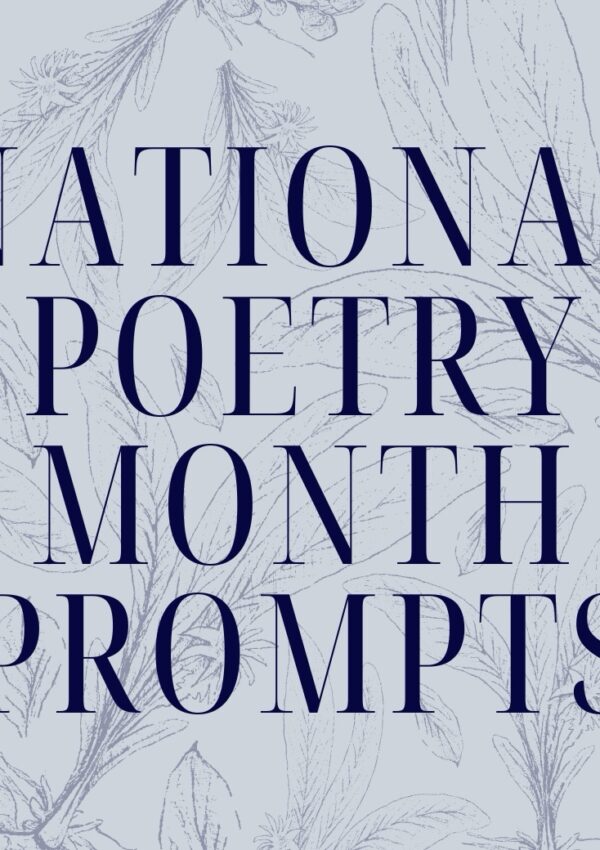It’s 2:00 AM and I can’t sleep, although I still don’t know these two facts. At the moment I am simply lost in a darkness, unconsciously fighting to remain in the sweet forgetful sleep which is quickly dissipating, from one moment to next. There is a very annoying mosquito, somewhere, yet I’m disoriented and can’t tell if it is buzzing above or under me or if it’s already time to just wake up for the hour of meditation. Hot and humid, I weigh two delicate options: give up and turn on the light, or keep struggling.
It doesn’t happen to me as often anymore, that I find myself waking up in the middle of the night as messages from the subconscious fail to reveal themselves in their normal symbolic way and the soul awakens the body. But the above description isn’t necessarily my own; I am pretty sure any one of us has experienced it at some point.
We all have moments, more or less frequent, moments we can’t, or don’t want to, clearly explain, neither to others nor even to our own selves.
I am not a therapist who works directly with the soul, if you can even truly separate it from the body. My training doesn’t directly touch upon the soul and my tools don’t include conversation as a way of healing. I work with and through the body – I watch and palpate the body and I listen to it. I also listen to the patient and to his stories. Often the stories which I hear are very different. I have to find gentle, indirect ways to convey this to the patient. I’m always reminded of the first poetic advice I got: show, don’t tell. It works the same in therapy. Any understanding the patient comes to by herself is going to be more valuable than any sage advice I might have to offer.
I never think of myself as a poet or a wordsmith, even though I publish some poems here and there. I do, however, call myself a therapist and I like to think those two loves of mine are similar. I see my work somewhat like solving riddles. Like Hercule Poirot and Miss Marple, the detective heroes of my childhood, I have to collect clues, to separate the wheat from the chaff. Only my approach to the riddle is more poetic. Every patient is a story, every person is a poem, each one is a tale.
At the moment my story is here, at this late night hour, as I record my thoughts while staring at the rough white wall, searching for a little mosquito. Very often in the process of writing a poem, I lose the leading line. The words that came out flowing from the heart are getting farther away from the root feeling which ignited them. Something will be missing from the poem; something of my soul will not be expressed unless I keep on working, refining it. Unless those details of my story are expressed, they will one day express themselves in the body.
I once wrote,
Twelve o’clock at night
Sitting naked on the couch
and writing
Under the candle light
The poem, like the body, is a tool of expression for the soul. That which will not be spoken in words, whatever feeling I suppress, will force its way out in a dream, in a nightmare or as a physical manifestation. The indirect literal expression of the poem allows the poet to process her experiences and allow the outsider reading it to share in it, connect with her, develop empathy or recognize within him something of another person’s soul. It creates a human bond.
In the same manner there is a reverberation between a therapist and a patient, between the body and the soul, between the acupuncture needle and the body, between one soul and another, which fosters healing and allows us to gently unravel the tangled threads.
 Guy Traiber was born and raised in the sweltering middle-east and found love in the cold mountains of Europe. After a decade of travelling extensively throughout Europe, India & South-East Asia he is now pitched again on the soil of his youth. Now in the midst of a studying decade, he practices and studies Japanese & Chinese Medicine and holds a BA in Sociology & Political Science. Guy finds that they relate. He loves to hear from you anything you wish to say: o13m@yahoo.com
Guy Traiber was born and raised in the sweltering middle-east and found love in the cold mountains of Europe. After a decade of travelling extensively throughout Europe, India & South-East Asia he is now pitched again on the soil of his youth. Now in the midst of a studying decade, he practices and studies Japanese & Chinese Medicine and holds a BA in Sociology & Political Science. Guy finds that they relate. He loves to hear from you anything you wish to say: o13m@yahoo.com
Guy’s poetry appears in Black FoxIssue 16.


